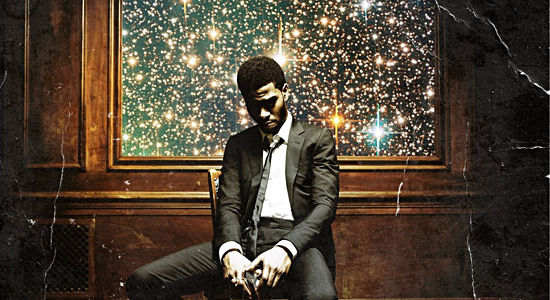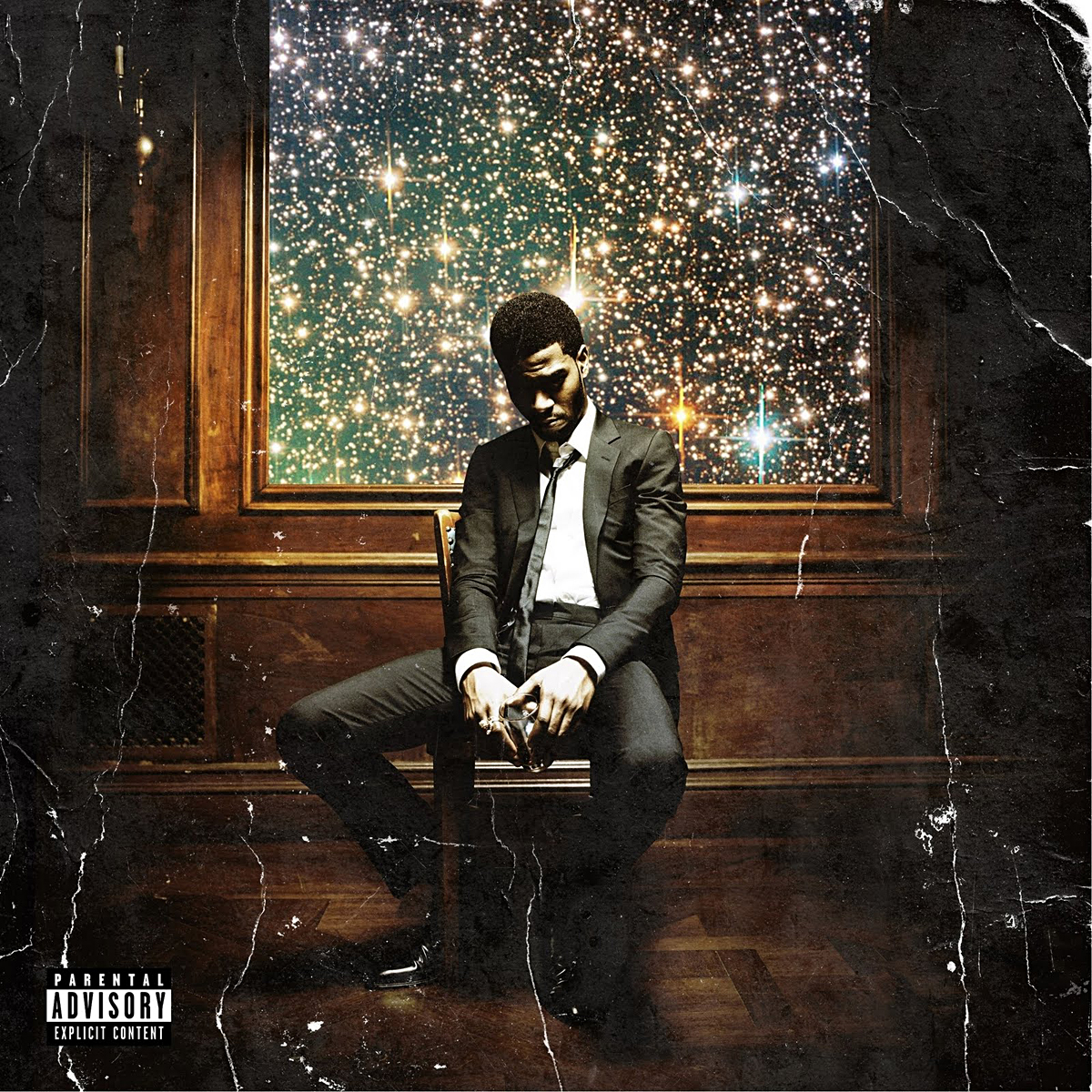Story by Jacob O’Gara Photo provided by Kid Cudi
In Conan the Barbarian, Max von Sydow as King Osric mutters, “There comes a time…when the gold loses its luster.” Such is the case with Kid Cudi and his latest album, Man on the Moon II: The Legend of Mr. Rager, the direct sequel to his first album (M.o.t.M: The End of Day). Falling somewhere between awful and mediocre, The Legend of Mr. Rager is an exemplum of the thing that most artists and other creative types dread: the sophomore slump.
Slump might be a tad modest in describing The Legend of Mr. Rager; it sags, a remarkable feat for an album this hollow and otherwise unimpressive. This isn’t to say that Cudi did a particularly bad job on this one. He just didn’t do any kind of job at all. Most of the time, it sounds like he was asleep in the recording studio, and the producers simply caught his sleep-talk on microphone. Listening to the tracks (multiple times), it’s hard to find any that stand out, that stay with you for longer than its running time. Cudi sounds like he doesn’t care, and it’s difficult to care about a work if the craftsman doesn’t.
On The Legend of Mr. Rager, Cudi whine-raps his way through the three personas he developed on The End of Day: the gloomy, vulnerable “hater” hater; the unconvincingly vainglorious party animal; and the aloof, stoned-out-of-his-skull psychonaut. That formula worked fairly well on The End of Day, when it was kind of a fresh sound in the hip-hop genre. But you expect artists to move on, to evolve—after all, one of Cudi’s new tracks is called “REVOFEV,” short for “revolution of evolution.” Cudi does no evolving. He sticks to the script and flogs a lifeless horse.
Maybe this means Cudi is done, and there’s no shame in that. His mixtape, A Kid Named Cudi, is brilliant as far as stage entrances go, and M.o.t.M: The End of Day, though flawed, is an incredibly catchy album, one that defined the last weeks of the summer of 2009 for many a cool kid. The Legend of Mr. Rager, however, indicates that he might be out of ideas. If that’s true, it’s unfortunate that his star has to fade like this, that it, to echo T.S. Eliot’s poetry, has to end not with a bang, but with a whimper.









